- Home
- Publications
- Commentary: Why Forecast?
Commentary: Why Forecast?
 Pub. Date
Pub. Date
 Pub. Type
Pub. Type
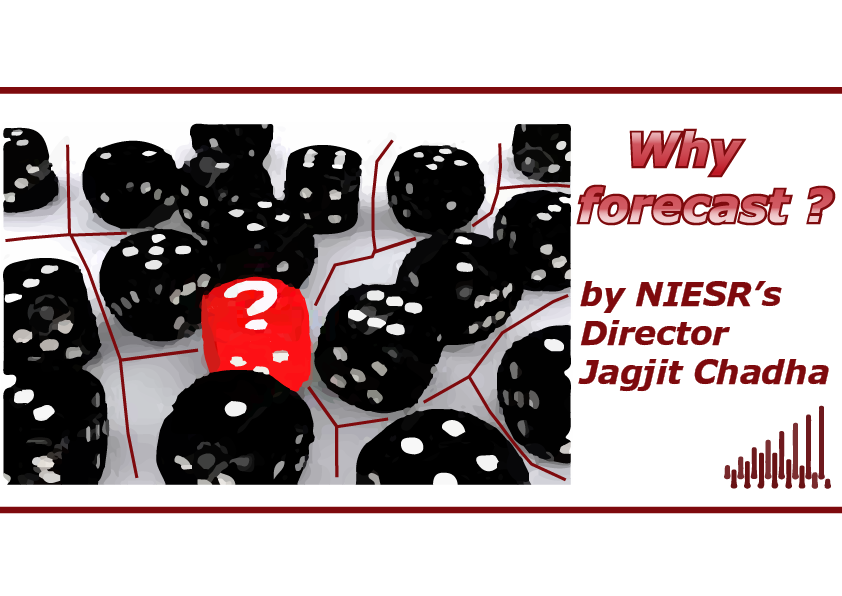
Downloads
Commentary: Why Forecast?Authors
Related Themes
Macro-Economic Modelling and ForecastingJournal
National Institute Economic Review
Publisher
Sage Publications, London
External Resources
http://journals.sagepub.com/doi/pdf/10.1177/002795011723900103
Issue
239
Introductory article to NIESR's Economic Review, February 2017
There has been an intense debate about the rationale behind economic prediction or forecasting, triggered by a sequence of forecast errors before and after the financial crisis and more recently by a ‘surprisingly’ buoyant economy after last year’s referendum on
the UK’s membership of the European Union. Some economists argue that the value of a forecast is strictly related to its forecast accuracy. Others argue that what matters is less the forecast errors but the stories that are revealed by such errors. The former might be thought
to relate the value of economic forecasting solely in terms of a statistical criterion and the latter to the need to concentrate on structural relationships between economic variables that will be subject to errors (or shocks) but which can be treated as stable. I argue that the forecast process is inherently subject to large errors, and so is a hazardous exercise, but that does not by itself invalidate the exercise because both the producers and consumers of forecasts understand that errors will occur. And this knowledge throws up a clear obligation for producers to explain errors before the fact by use of
uncertainty or scenario plots and for consumers to treat the forecasts with caution.
Related Blog Posts
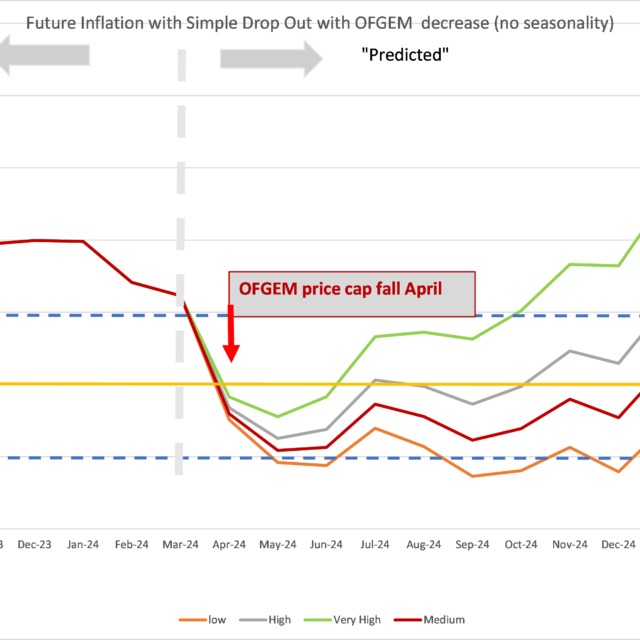
Inflation Still Likely to Fall to 2 per cent or Below Next Month
Huw Dixon
17 Apr 2024
8 min read
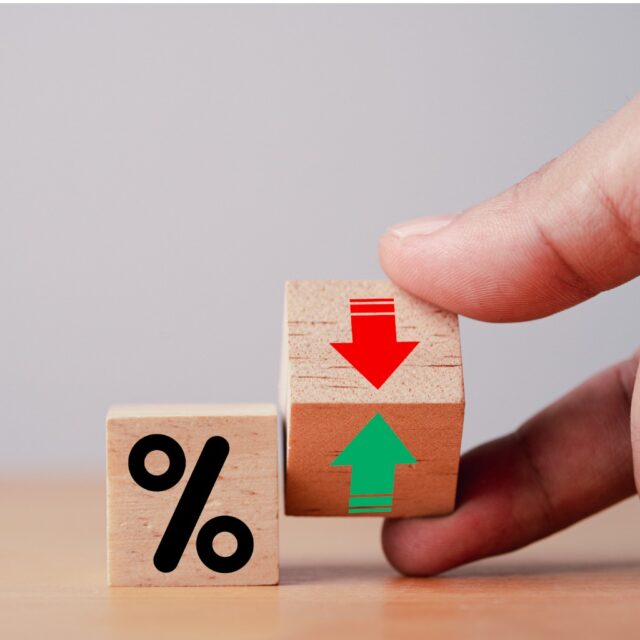
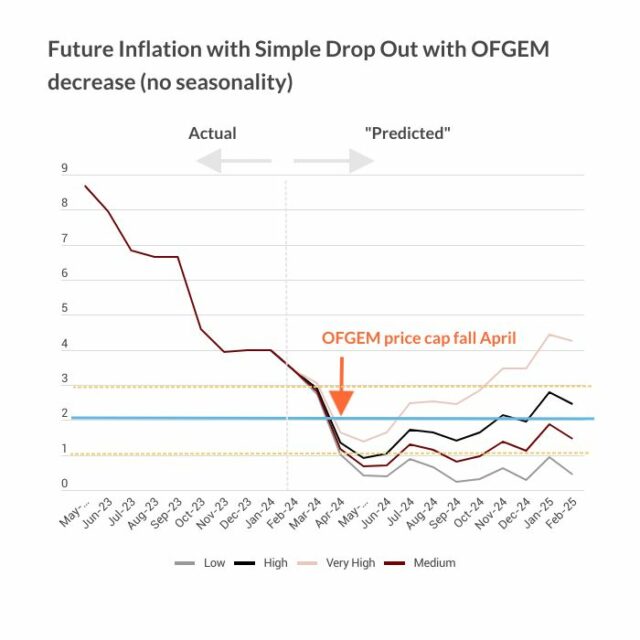
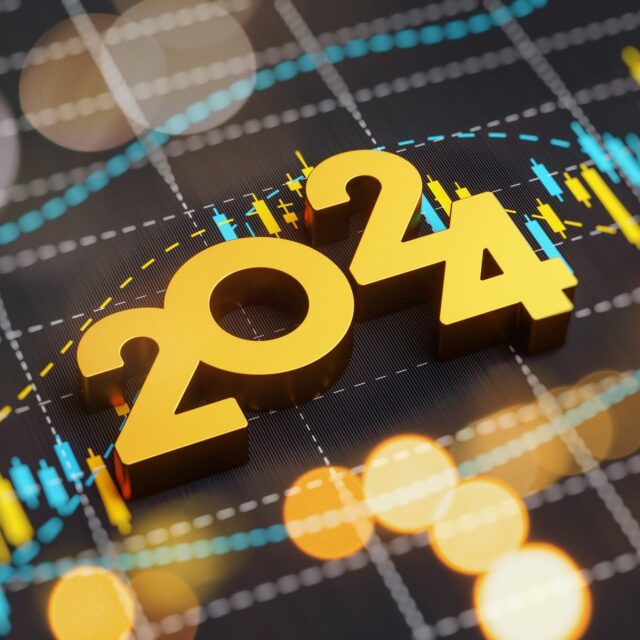
What is the Current State of the UK Economy?
Paula Bejarano Carbo
Stephen Millard
26 Feb 2024
7 min read
Related Projects
Related News
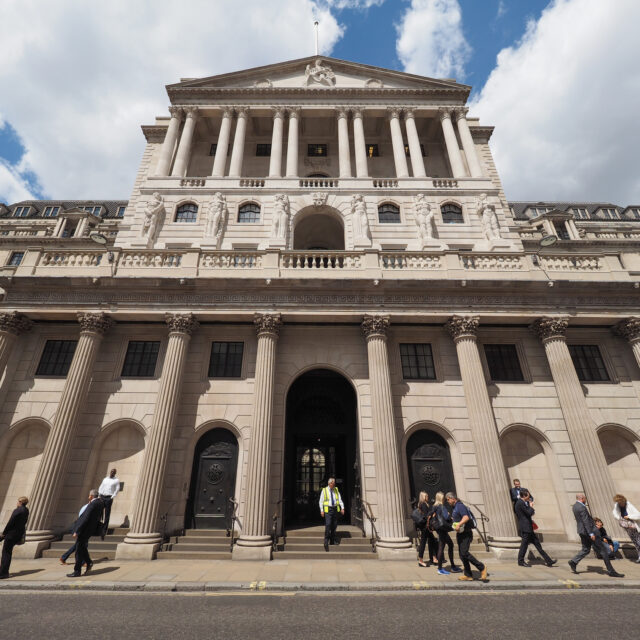

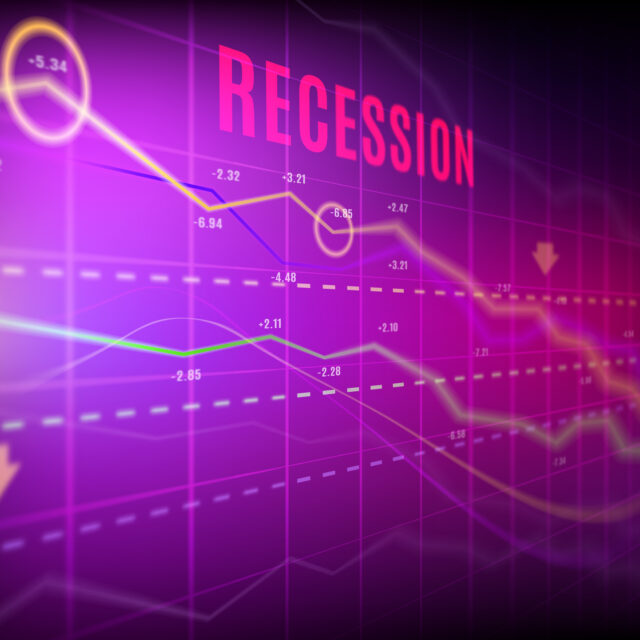
Why it’s not worth worrying that the UK has technically entered a recession
26 Feb 2024
4 min read
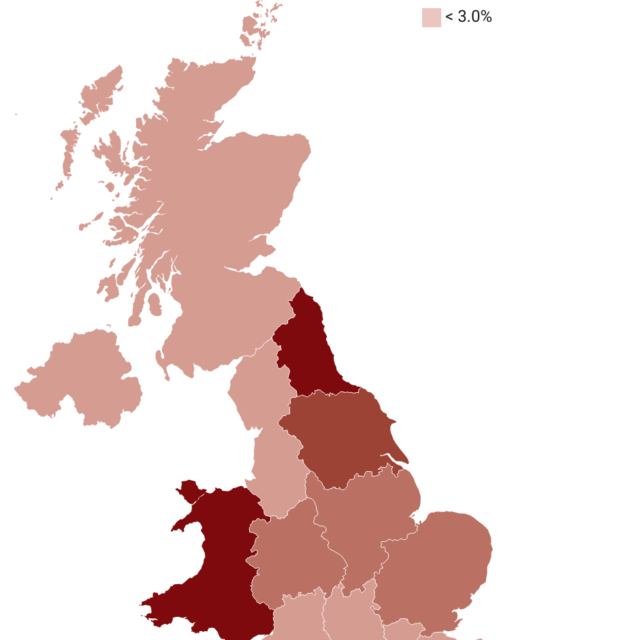
1.2 million UK Households Insolvent This Year as a Direct Result of Higher Mortgage Repayments
22 Jun 2023
2 min read
Related Publications
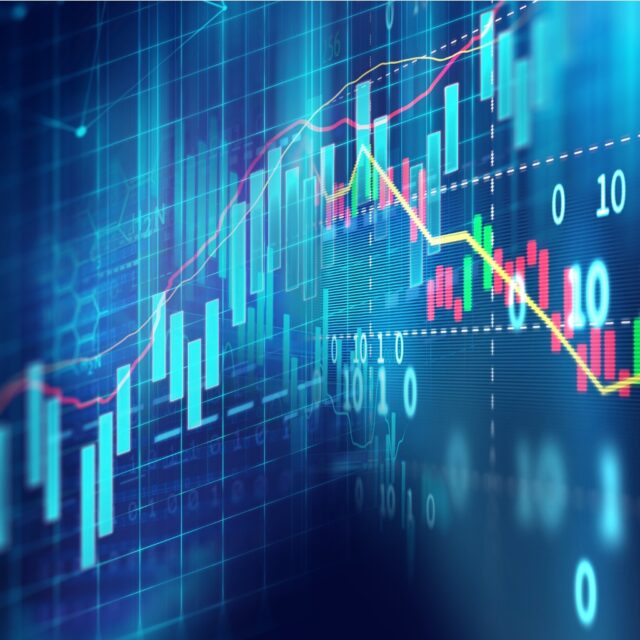
Recessionary Pressures Receding in the Rearview Mirror as UK Economy Gains Momentum
12 Apr 2024
GDP Trackers
Related events
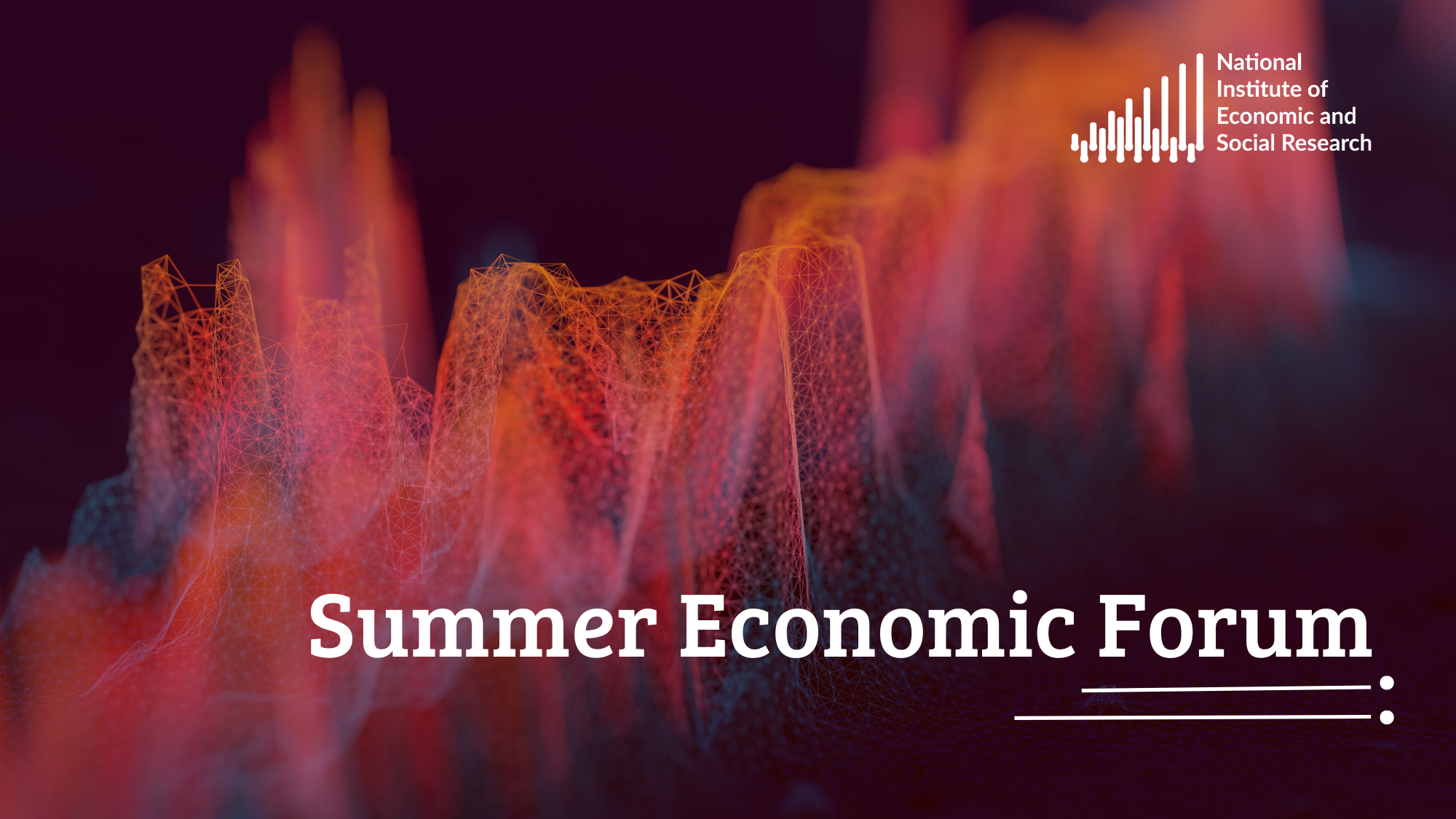
Summer 2023 Economic Forum
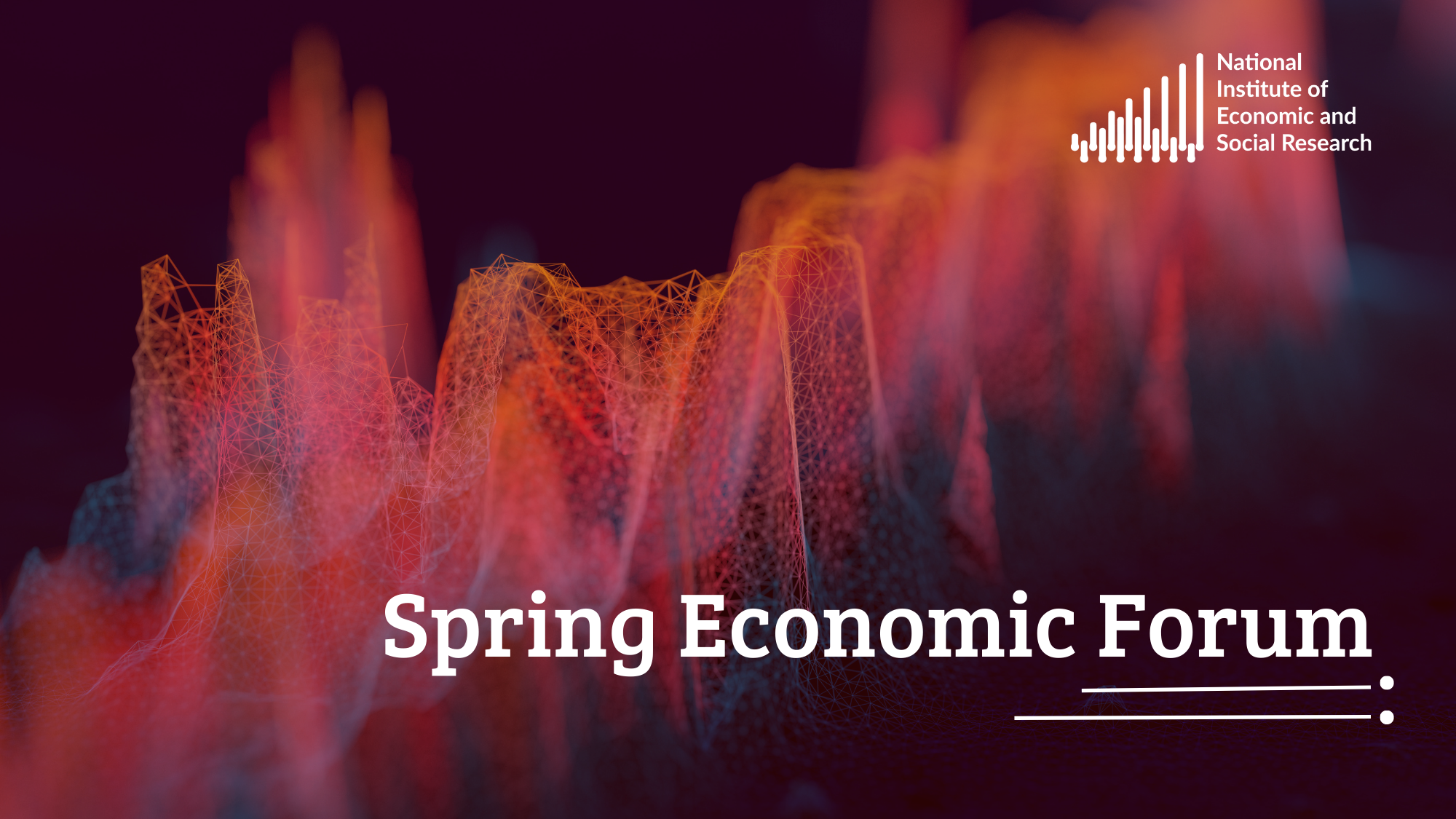
Spring 2023 Economic Forum

Winter 2023 Economic Forum
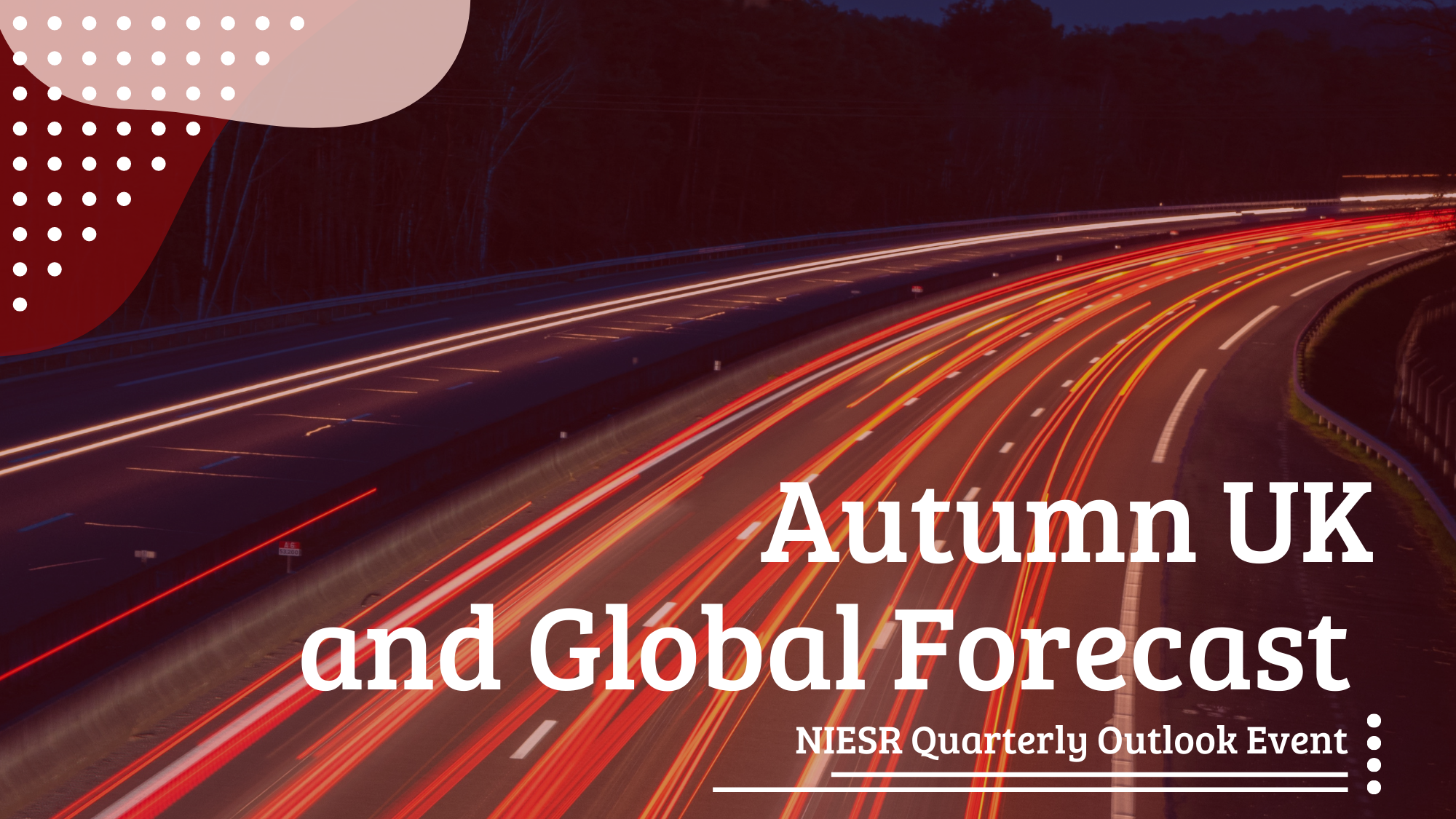
Autumn 2022 Economic Forum

Summer 2022 Economic Forum

Spring 2022 Economic Forum
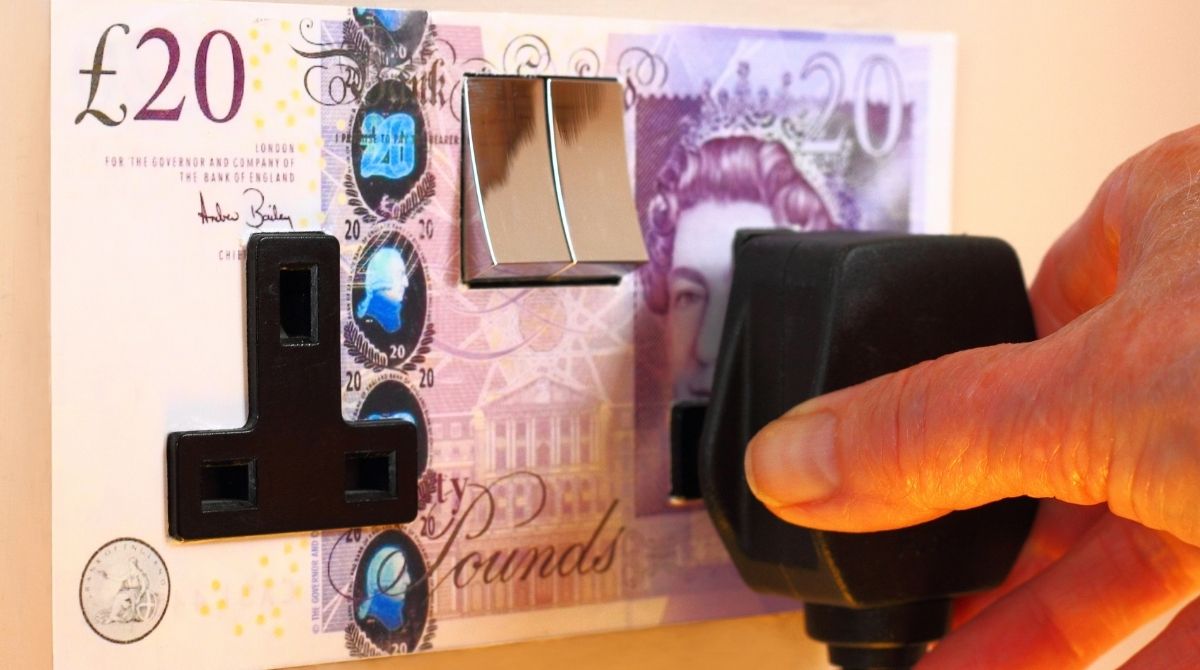
Winter 2022 Economic Forum
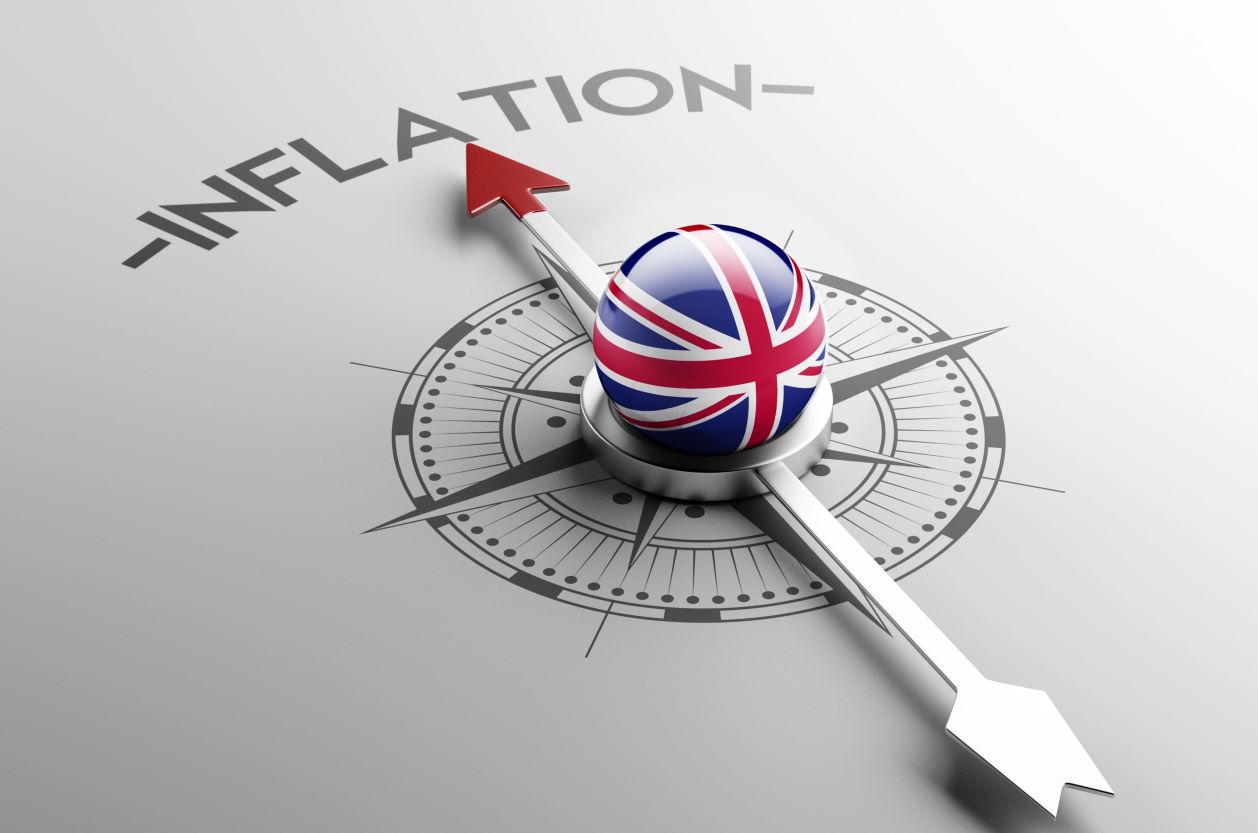
Autumn 2021 Economic Forum






